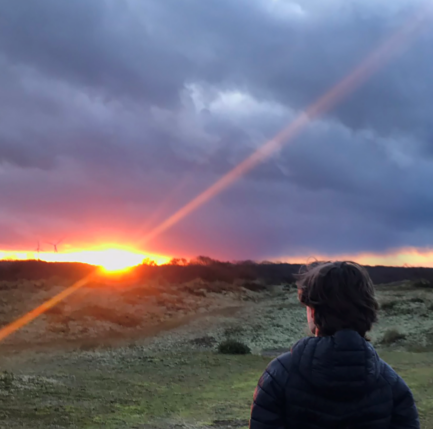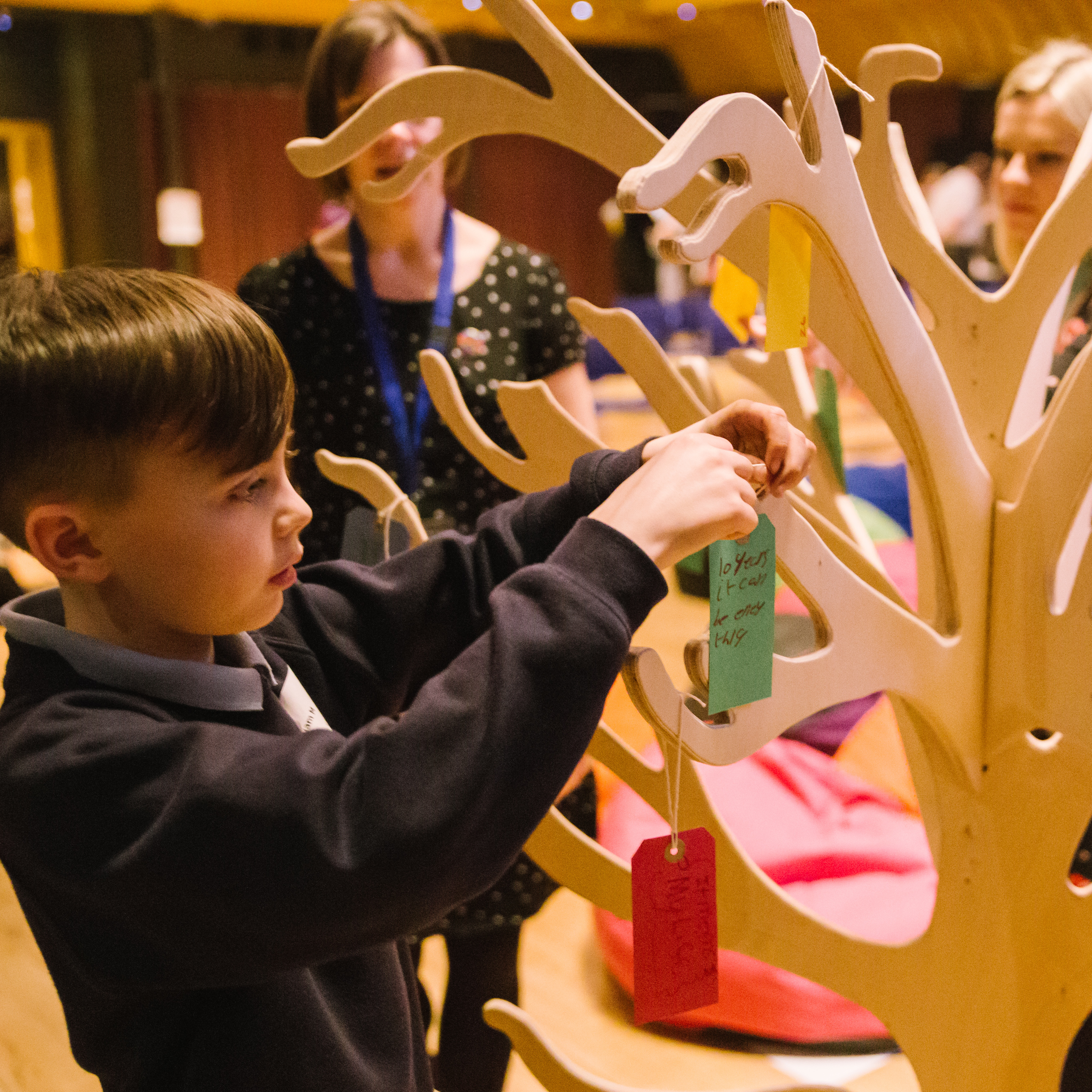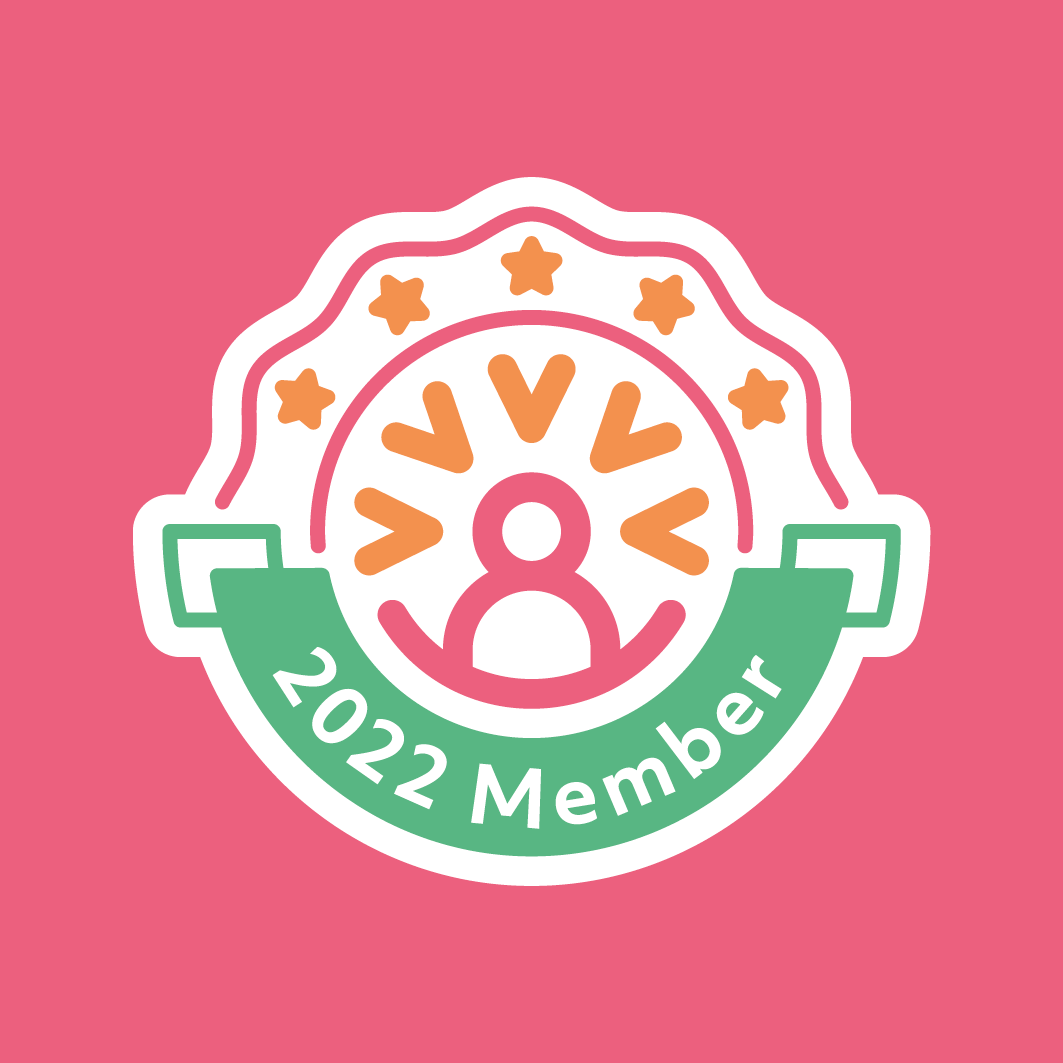Scotland could have a future where access to recreation, creativity and wellbeing is a foundational part of growing up
4 Oct 2022
includem’s Tuisku “Snow” Curtis-Kolu on what we can learn from Finland about establishing a Hobby Premium
As a Finnish-Glaswegian Policy Officer and creative, it’s exciting to see the influence Finnish youth culture policy is having on Scotland.
Children in Scotland’s 2021-26 Manifesto (click here to access) is calling for a Hobby Premium (also called 'the Hobby Guarantee' or 'the Finnish Model') to be introduced in Scotland, an ask also reflected in includem’s 2022 Local Elections Manifesto (click here to access).
Following decades of policy work, infrastructure building and improving access to hobbies, the Hobby Guarantee came into law in Finland in 2016. Built on a recognition that hobbies have a foundational role in wellbeing and building community and supported into law by concerns about the unaffordability of hobbies for lower-income families, it now ensures that all children and young people have access to a free hobby based around the school day.
The case for a Hobby Guarantee in Scotland is clear
Many children and young people in Scotland struggle to access opportunities due to poverty, commercialisation of youth activities and cuts to civic services and spaces. Deprived neighbourhoods have little access to affordable, accessible hobbies in their local areas. This leaves low-income children and young people at a significant disadvantage compared to more affluent peers.
“I’d make sure there was something for all kids to do – there is nothing here – no clubs for them.”
(Parent, includem Voices report 2021. Click here to access)
There is a wealth of research illustrating the benefits of hobbies to mental and physical health, brain development, creative thinking, learning skills and resilience. Beyond discussions on preventing ‘anti-social behaviour’, it’s time to show a real commitment to positive alternatives.
“It is just gangs in my area. There are always stabbings and shootings… People get involved in gangs because it is something to do. Mum said that when she was younger there used to be a youth club where people could go, and there is a youth club here but it is only for certain ages.”
(Young person supported by includem)
Adapting to local circumstances
From speaking with includem’s partners and friends who are at the forefront of trying to address barriers to creativity – such as MusicPlus, MusicCares and MusicBroth (click each link to access) – it is clear any Scottish model would need to:
- Address years of underinvestment in young people’s participation in culture and take a flexible approach that includes access to equipment.
- Account for the barriers faced by young people in Scotland such as poverty, experiences of informal or formal school exclusion, care experience, challenges with neurodiversity, offending behaviour and/or trauma.
- Put youth agency at its heart, informing planning and funding for good quality local hobby provisions and having a choice in how/where to access them.
- Collaborate with civic organisations and social enterprises, tapping into existing networks of skilled providers and best practice – including clubs, instructors, tool/instrument libraries and repair workshops.
“It’s about choice and variety – I can definitely see how tool libraries can be a part of that…. It would allow young people to try different things, something like credits would allow you to do that…”
(James Bajgar, MusicBroth)
There could be a future where access to recreation, creativity and wellbeing is a sustainable and foundational part of growing up in Scotland. Where the right to play, leisure and culture under Article 31, and development of personality, talents and abilities under Article 28 of the UNCRC are familiar features in everyone’s childhood. By hearing from young people, those who support them and providers, we can set a vision for its delivery in practice.
“If you were just to do that work in schools you would miss a lot of young people that would benefit. Especially thinking of those in secure care… you would exclude a lot of young people that way.”
(Sace Lockhart, MusicPlus)
Tuisku “Snow” Curtis-Kolu is the Policy Officer at includem and a Finn at home in Scotland.
Click here for more information about includem
Children in Scotland is calling for views on the idea of a ‘Hobby Premium’ for Scotland and how it could work in practice.
Click here for more information


Manifesto for 2021-26
Our Manifesto sets out policies we believe would improve children's lives
Click here to access
Call for views: the Hobby Premium
Take our survey: we'd like to hear your views on a proposal to uphold children's right to play
Click here for more

Our membership offer
Be part of the largest national children's sector membership organisation in Scotland
Click here for more